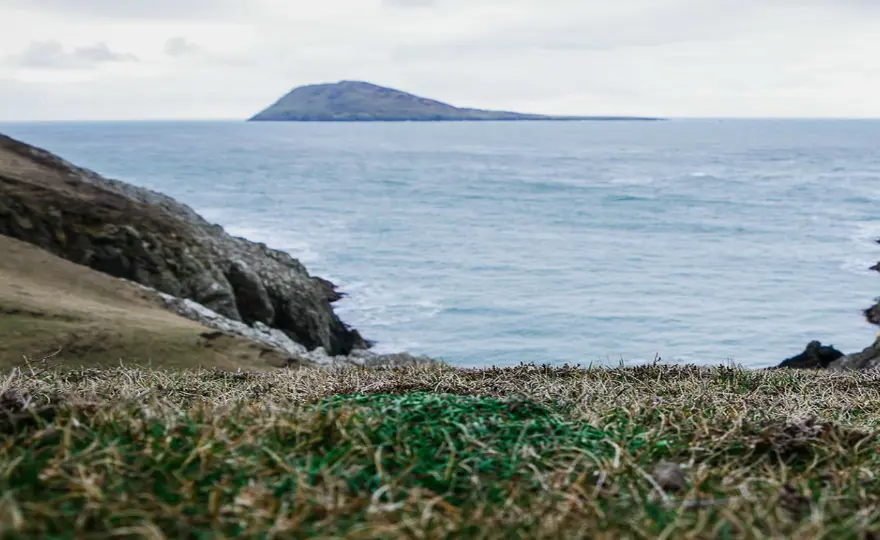ClientEarth Communications
21st June 2019


Lawyers from ClientEarth have helped launch a High Court challenge to the UK government’s Brexit laws, over sweeping new powers that may weaken protection for seas and wildlife in the UK.
Our legal experts have teamed up with the Marine Conservation Society and lawyers at Leigh Day Solicitors, to challenge a decision of the UK Government made under the EU Withdrawal Act, which we say is an unlawful misuse of Brexit powers.
The measures the government has introduced behind the scenes put seals, otters, dolphins and seabirds and many other vulnerable animals, plants and precious sites around the UK, at risk.
The legal challenge focuses on new powers that will allow ministers to alter and reduce standards for protected sites – powers that will fundamentally change how the law operates in the UK.
If the change was allowed to happen, we argue, it would be a total breach of the UK government’s promises of a “green Brexit” and repeated assurances that only technical changes would be made to modify our laws under the Act.
Dr Tom West is a law and policy advisor from our London office. He said: “The UK government has repeatedly promised that the environment would be safeguarded after Brexit. So, it is extremely concerning that the government has quietly and unlawfully introduced sweeping new powers behind the scenes that weaken environmental protection.
“Quite rightly the public has been concerned by the use of so-called Henry VIII powers that give too much discretion to ministers to make new laws, with little scrutiny from parliament, the public or civil society.”
Sandy Luk, CEO of the Marine Conservation Society said: “Whatever you think of Brexit, the government must keep its promise to the UK public that its seas, countryside and wildlife will not be worse off if EU protections are no longer in place.
“The management of marine protected areas is not strong enough under current legislation and allowing these changes will mean weaker protections for vulnerable species and habitats. We could even see the possibility of protected areas being abolished after Brexit.
“We cannot allow hard-won ocean protections, which will safeguard future generations and marine wildlife such as treasured dolphins and seabirds, to be lost or watered down.”
Specifically, we are challenging the Department for Environment, Food & Rural Affairs (Defra) over parts of a statutory instrument, made under the European Union (Withdrawal) Act of 2018, which change the existing regulation of habitat and species conservation.
These include potential changes to the obligation to manage recognised conservation sites, and potential limits to the types of areas set aside to protect marine animals that range over wide areas.
Defra has created 122 statutory instruments under the Act, which will replace EU laws after Brexit, and more than 500 have been submitted by other government departments.
Dr West added: “This legal challenge focuses on the unlawful nature of just one of the hundreds of pieces of legislation that government departments have quietly been rewriting with little or no scrutiny.
“We fear that without improved scrutiny, we will continue to see the government using its powers in this way.”